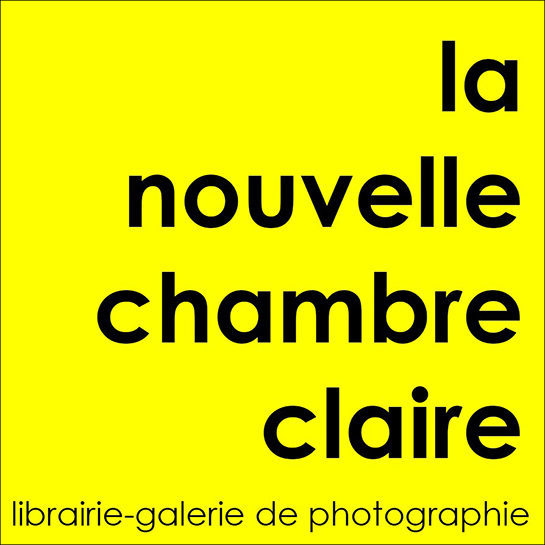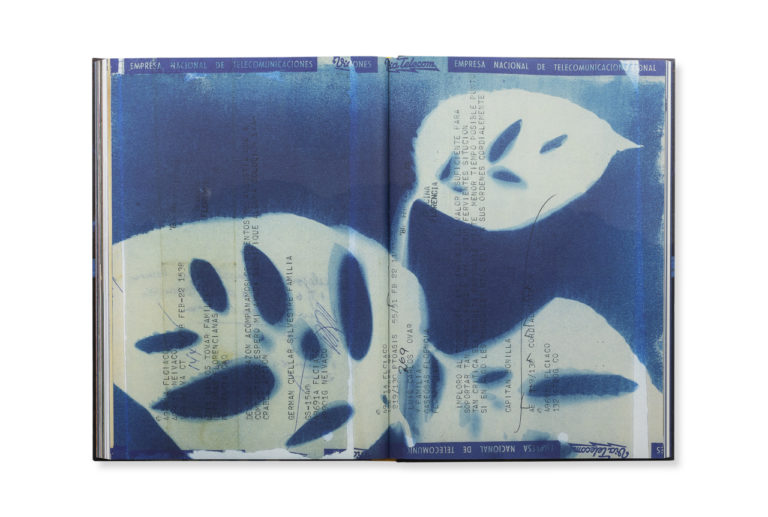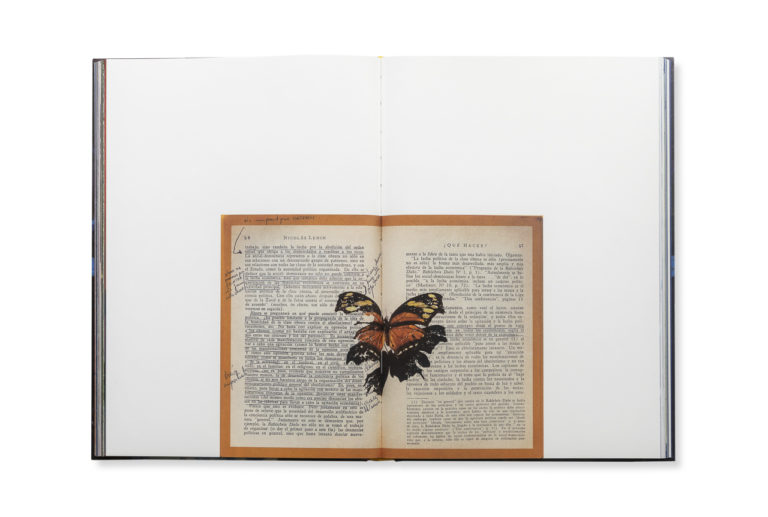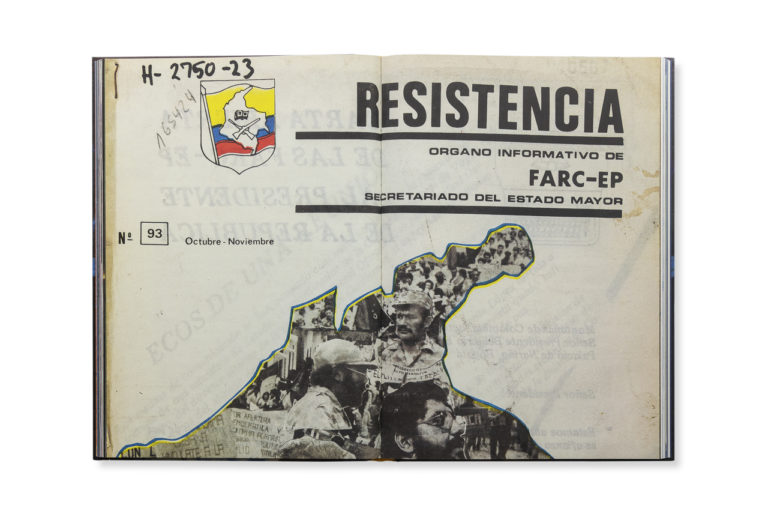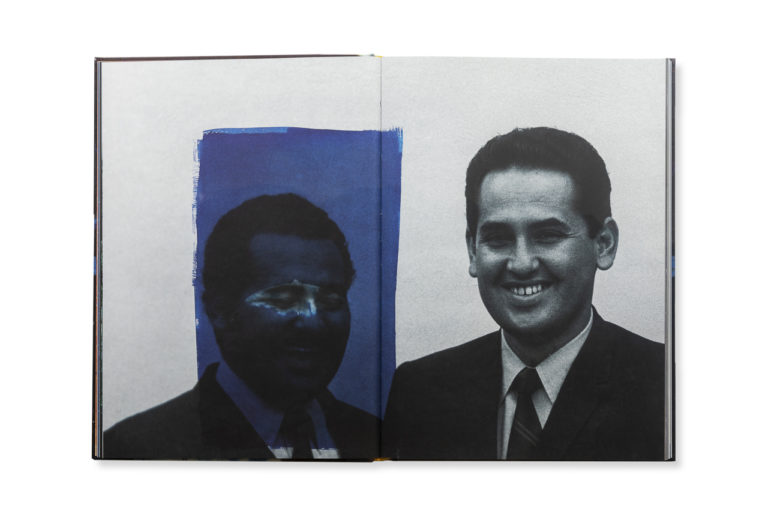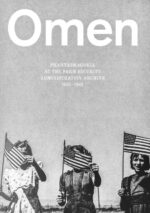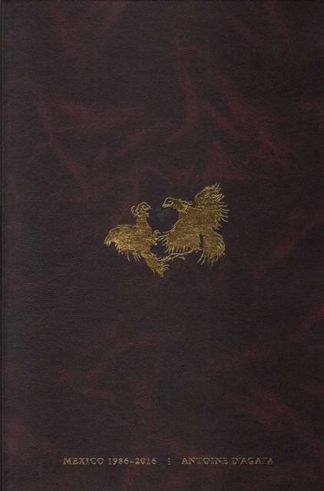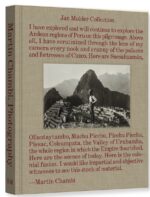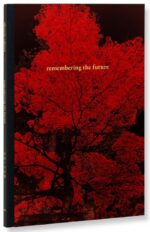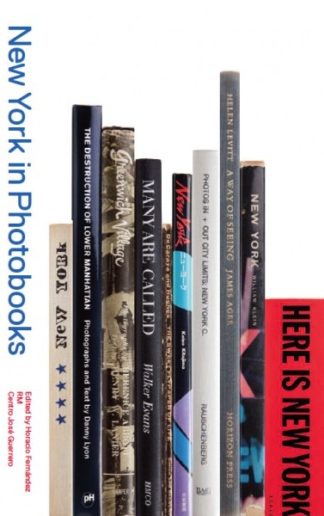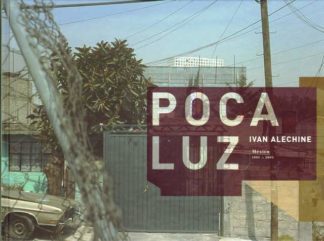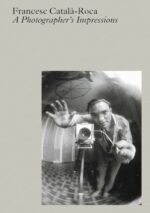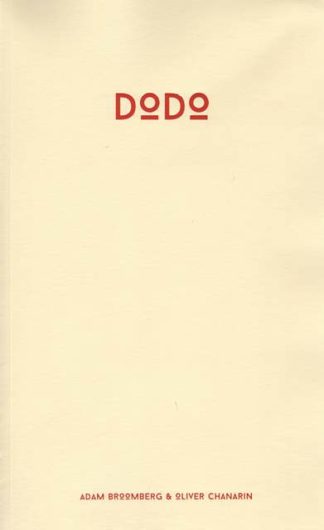Les combattants de la guérilla ont envoyé un instantané Polaroid de leur captif à sa famille comme preuve qu’il était toujours en vie. Ce projet part de la recherche de cette photographie incertaine, mais il reflète un processus de redécouverte qui transcende l’événement en lui-même. C’est un exercice poétique qui parle de notre finitude et de notre nature contingente, qui explore l’héritage du passé comme notre seul mode de survie. L’absence de cette photographie fétiche active un essai visuel performatif qui fait appel aux mécanismes d’appropriation et de collage pour sortir la photographie autobiographique et documentaire de leurs cadres conventionnels. Coédition avec le Musée de l’Elysée, textes de Luis Carlos Tovar, Joan Fontcuberta, Lydia Dorner, Tatyana Franck, María Santoyo et Cristina Lleras.
Le livre Jardín de mi padre de l’artiste colombien Luis Carlos Tovar s’inspire de l’idée de la post-mémoire comme exercice de reconstruction imaginative de l’expérience vécue, comme thérapie couvrant des générations qui donne une voix à ce qui a été marginalisé et produit de nouvelles empathies avec le passé. -Joan Fontcuberta
The guerilla fighters sent a Polaroid snapshot of their captive to his family as a proof that he was still alive. This project starts from the search for that uncertain photograph, but it reflects a process of rediscovery that transcends the event in itself. It is a poetic exercise that speaks of our finitude and contingent nature, that explores the legacy of the past as our only mode of survival. The absence of this fetish photograph activates a performative visual essay that has recourse to the mechanisms of appropriation and collage in order to remove autobiographical and documentary photography from their conventional frameworks. Co-edition with Musée de l’Elysée.
The book Jardín de mi padre by Colombian artist Luis Carlos Tovar draws on the idea of post-memory as an exercise in the imaginative reconstruction of lived experience, as a therapy spanning generations that gives voice to what has been marginalised and produces new empathies with the past. -Joan Fontcuberta
